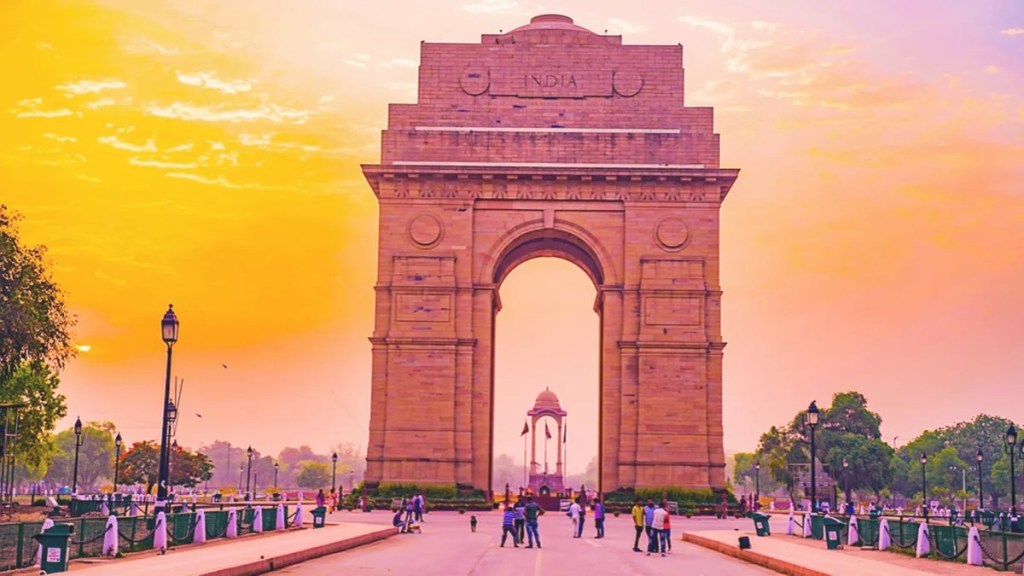Delhi has emerged as the world’s most affordable city for students, earning a near-perfect score of 96.5 out of 100 in the latest QS Best Student Cities Rankings. The annual rankings evaluate the best urban destinations for international students, with Delhi leading globally on affordability.
All four Indian metros featured in the 2026 rankings — Delhi, Mumbai, Bangalore, and Chennai — have improved their positions compared to last year. Mumbai has re-entered the global top 100, climbing 15 spots to reach #98. Within the Indian cohort, Delhi rose seven places to rank #104, while Bangalore recorded the sharpest jump among Indian cities, soaring 22 places to #108. Chennai also advanced significantly, rising 12 positions to #128.
The QS Best Student Cities Rankings assess cities using six key indicators: QS university rankings, student mix, desirability, employer activity, affordability, and student view. Cities must have a population of over 250,000 and be home to at least two institutions featured in the latest QS World University Rankings to qualify.
Alongside Delhi, Mumbai and Bangalore also performed strongly on affordability, placing all three cities within the global top 15 in this category. On the employer activity metric, Delhi and Mumbai have broken into the global top 50, indicating robust graduate employment prospects. Bangalore registered the steepest rise in this dimension, jumping 41 places to rank #59 globally, while Chennai climbed 29 spots, reflecting increasing international recognition of its graduates.
Jessica Turner, CEO of QS, said India’s rise in the 2026 rankings reflects more than a statistical improvement. “As we approach the fifth anniversary of the National Education Policy (NEP) 2020, its focus on global engagement, quality enhancement, and student-centric learning is starting to bear fruit on the international stage. In just ten years, India has seen a 390% increase in the number of universities featured in the QS World University Rankings. That kind of trajectory is rare, and now we’re seeing it reflected at the city level too,” she said.
The latest edition of the rankings also highlights a broader shift, with a majority of Asian cities climbing in the global standings. This year, 39 cities from the Asia-Pacific region (excluding Australia and New Zealand) were featured, including three newcomers. Among the 34 Asian cities ranked last year, 26 improved their positions in the 2026 edition.
Several Asian cities also achieved their highest-ever rankings, including Seoul (#1), Kuala Lumpur (#12), Beijing (#13), and Taipei (#14), reinforcing the region’s growing prominence as a global hub for higher education.
Globally, Seoul has been ranked the world’s best student city, overtaking London and Tokyo, which held the top spots in recent years. The United States and United Kingdom continue to dominate in terms of representation, with 16 cities each in the latest rankings.

